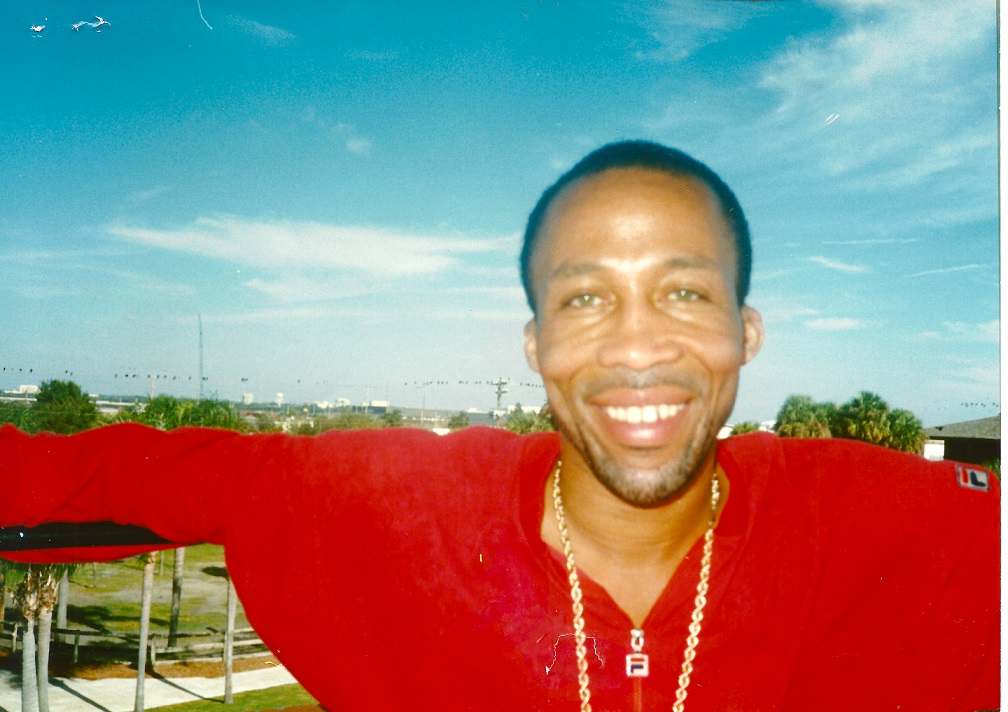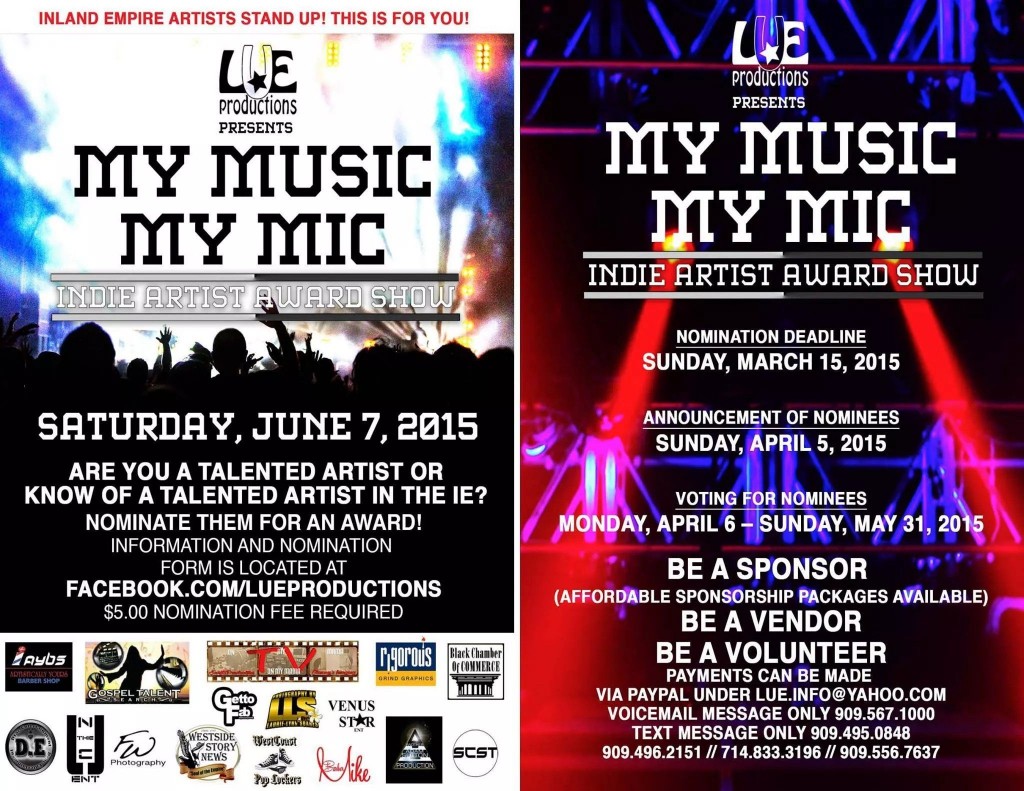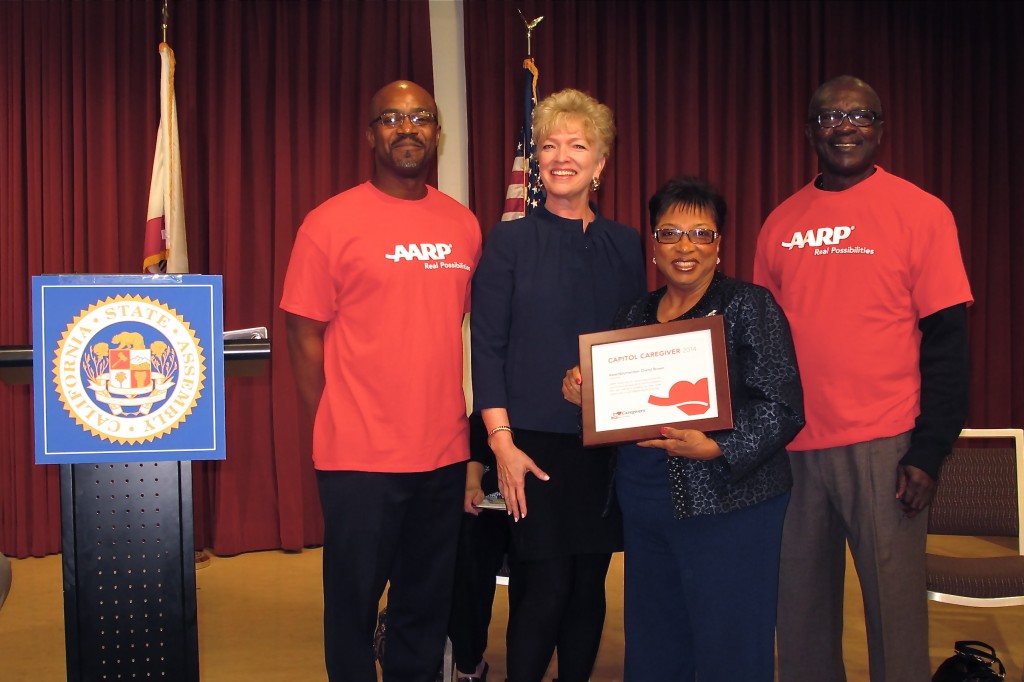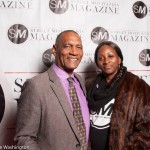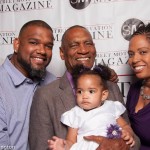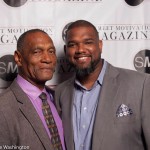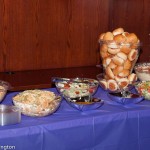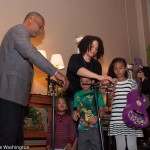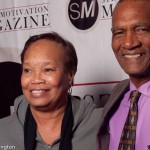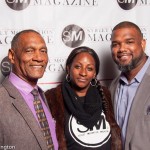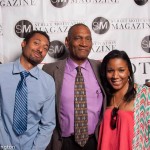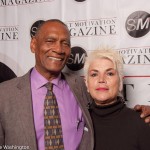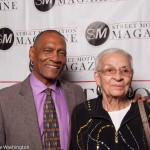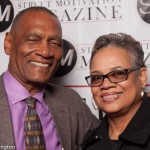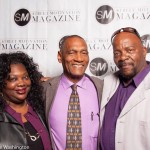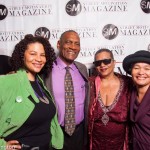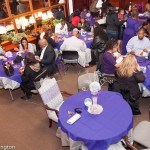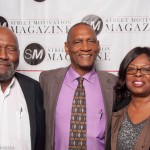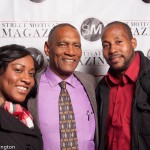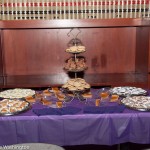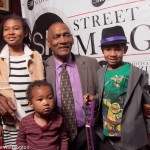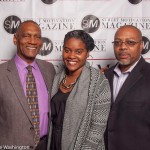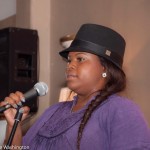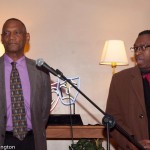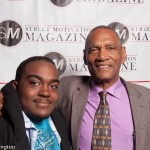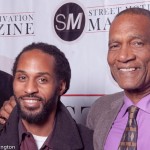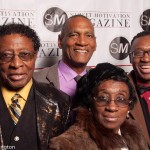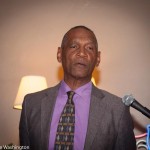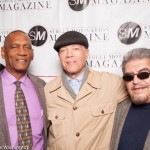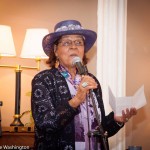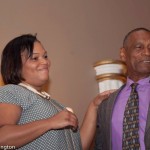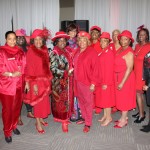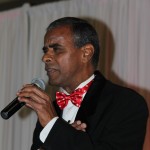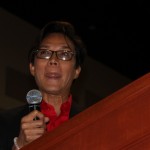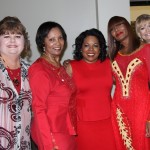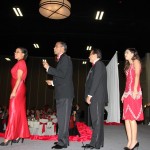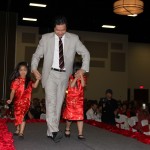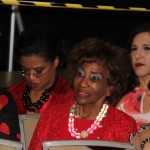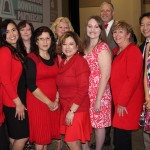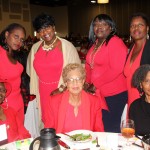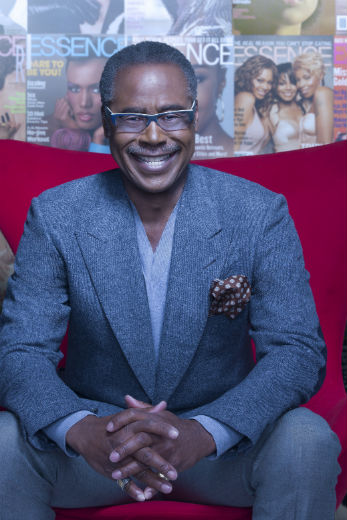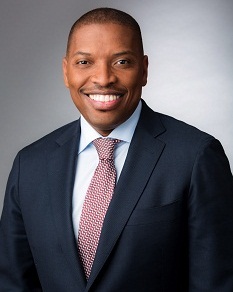The Time for Change is Now
By La’Nae Norwood, CEO/ President, United Nations of Consciousness
Shots were fired into the crowd and chaos erupts. Many stared in shock as she took her last breath and her blood spilled across the pavement, another senseless act of violence, but why?
I’m left to wonder, how does an evening of frivolity turn into bloodshed? How does a parking lot turn into a war zone? These events are too familiar for San Bernardino residents, today as many family members and friends of the victims attempt to come together and pick up the pieces in mourning, sorrow and resentment.
With San Bernardino being bankrupt both morally and financially, violence is an expected symptom amongst economic despair and lack of representation. Tuesday night’s violent chain of events prompts a call for unity, education and peace
Due to pending investigations, we are unaware of what actually took place claiming the lives of 2 individuals and injuring 5, however this shows that our community is broken and immediate action needs to take place. As a member of the United Nations of Consciousness, we are making it our mission to be a resource for change in our community. In our attempt to make a direct impact, we must start with education. We need to educate our people on why violence is prevalent in our community. We must also, restore trust and focus within our communities. – Board Member, Natasha Lavera, United Nations of Consciousness
Consciousness is the ability to elevate from senseless violence. Consciousness creates the capacity to have understanding in the event you have been wronged, based on the sharing of one’s ancestry. A strive at the United Nations of Consciousness, is to foster unifying relationships between those of African ancestry to promote peace and prosperity, even at times of disagreement and conflict. Elevated and conscious minds can prevent the deadly incidents, like last night, that plague our communities. Too many African-Americans have suffered from these tragedies, and too many African-Americans have experienced these tragedies and have done nothing to unify the people amongst they have occurred. If ever there was a rallying cry it was last night, if ever there was a call to fight it was last night. A call to fight against lack of consciousness, lack of love and peace among our people. We shall rise up as we elevate our minds and our hearts, and the United Nations of Consciousness amongst African people is that start. I love you Black people, I love you San Bernardino.- Contributor, United Nations of Consciousness
United Nations of Consciousness will be hosting a Town Hall meeting to discuss the State of San Bernardino with community Leaders and members. If you are interested in participating, please contact us at uconsciousnations@gmail.com or you can find us on Facebook.
Question and Answer Session
Wallace Allen: Do you have specific plans? Are you recruiting help/volunteers from the community? Do you have regular meetings? Is there a rally or meeting being organized to get momentum from this shooting? How well do you know any of the dead, and injured? What qualifies you and other members of your group to lead a “stop the violence” campaign?
Were you able to get any photos? Can you find a “person who was there and saw something”? I would like to hear from someone who was basically terrorized by what they heard and felt going on around them during the fight inside, outside in the parking lot or at the gas station…
La’Nae: We do have specific plans. We are a non profit organization that promotes unity, education and economic development with our priority and focus being the African/ American community. Our mission is to educate and empower as many as we can, starting right here in San Bernardino.
We are actively recruiting and fundraising to support our community programs. Our meetings are bi weekly at the 777 Community Center in San Bernardino. Our meetings require RSVP.
We also are in the process of contacting several community leaders, entertainers, influencers and political representatives to organize a town hall meeting and public protest.
In regards to the deceased and injured. I am very well acquainted with the family of one of the young men who was killed last night. I spoke to his sister briefly and she was really to upset to speak. I am very close friends with the Promoter of Stingers, Eugene Jones and he is very sad. When I spoke to him he was sobbing and mourning for those who were lost and injured last night. Eugene is a very jovial and outgoing person, that loves to make people smile and have a good time. He is filled with overwhelming remorse. I will meet with him later today to discuss the evenings events in more detail. I will encourage him to speak to you.
In regards to our qualifications,Natasha Lavera is a long standing employee at Cal State San Bernardino and Vice President of the 777 Community Center. Daryl Pegram is an educator that works with the youth in San Bernardino. All of us are community activist and volunteers. All College graduates and residents of this area since childhood. Now speaking directly about myself, I have over 12 years of organizational experience in the corporate setting and have worked with the business community and the youth throughout San Bernardino.
I have spoken to 3 people who were at the nightclub and the gas station, but I have not been able to acquire any photos, as of yet. The people I spoke to said the young lady who was shot at the club was breathing very hard and her blood was everywhere. One of my friends even stated, that “….it was apparent the young lady was not going to make it.” When they exited the nightclub there were injured people laying in the parking lot suffering form various injuries. There was pure chaos. There were a number of traffic accidents due to the pandemonium.
La’Nae Norwood will be a guest on this Sunday’s “Empire Talks Back” Radio talk Show. Hosted by WssNews Publisher, Wallace J. Allen, ETB broadcast each Sunday at 10:00AM on KCAA-1050 AM Radio. The program can be seen on your computer via www.kcaaradio.com and heard directly on your phone by dialing 832-999-1050.
ABOUT TUESDAY’S SHOOTING
A separate but likely “related” shooting also occurred at an Arco gas station located about a quarter-mile down the road, according to San Bernardino police Lt. Rich Lawhead.
Dozens of rounds were believed to have been fired by multiple shooters between the nightclub and the gas station, Lawhead said.
A total of seven victims were located between the two scenes.
The two victims who died were described only as males. Police have not released their names yet.
Of the five people who were injured, two were in extremely critical condition.
A motive for the shooting was not immediately known, but the area was known for gang activity, according to Lawhead.
 Westside Story Newspaper – Online The News of The Empire – Sharing the Quest for Excellence
Westside Story Newspaper – Online The News of The Empire – Sharing the Quest for Excellence

